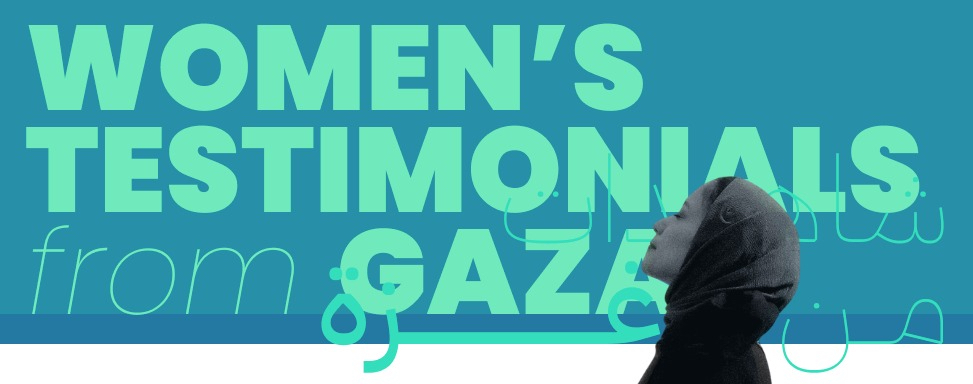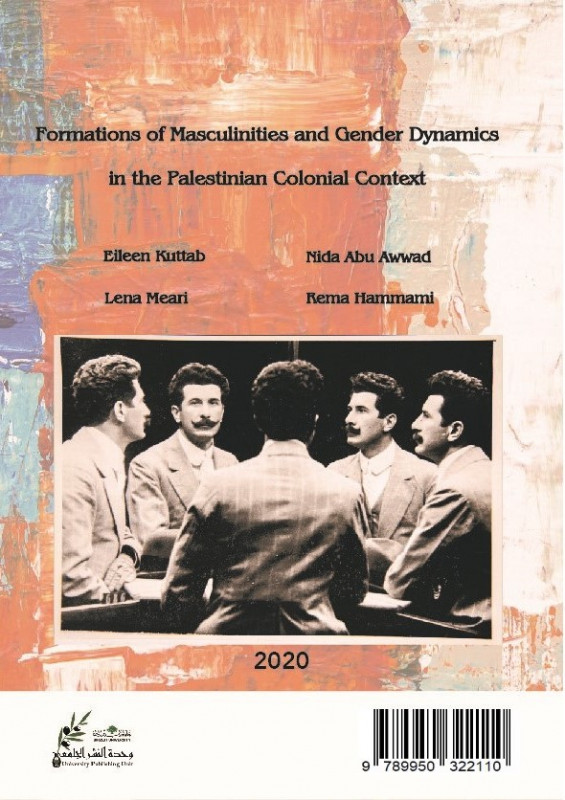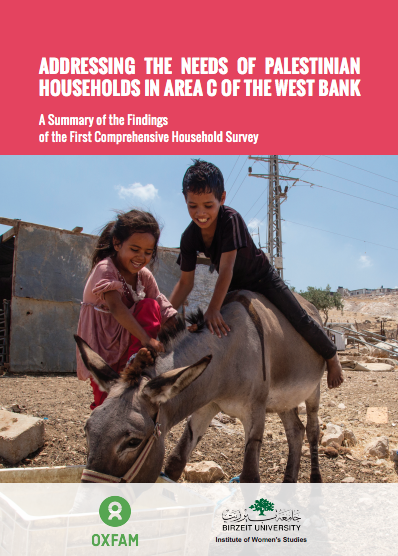Islamic share'a & secular doctrine: the state - society - human rights pdf
Year: 2013
Author: Nadia Ibrahim Aqra’
Supervisor: Islah Jad
Discussion Committee: Lena Meari & Abdul-Rahim Al-Shaikh
Abstract
This study deals with each of Islamic law and secularism in comparison, to enable this comparison secularism -according to many academic studies- was considered as doctrine verses Islamic Share'a, since each of them represents the start node and the reference from which its state and system of government are emanated and society is formed. For Islamic Share'a the start node and the reference is the heavenly revelation text through the Holy Qur'an and the Sunna of messenger Muhammad, Islamic State is built on the adoption of Share'a provisions aimed for the benefit of its members in this life and the afterlife, and from all that society is shaped. For secularism doctrine its reference is the postural text made by man in all areas of knowledge, and aiming for the benefit of human being in this life without paying attention to any metaphysics in its objectives or its means, and its national state was built on ordinances created by man over the years, and through that its society was constituted
The basic characteristic to built this comparison makes it somewhat different from the other comparisons, trying to keep up with events on the ground coupled with Academic studies around , so the basic characteristic of this comparison is not certain points chosen by this study, but its about points were taken from academic critique studies about secularism as a governor doctrine in western national states, perhaps allover the world, and after reviewing and analyzing them , the Islamic Sharea' will be examined in the same critique positions and through texts of Share'a, especially as Islamic movements are trying to impose it in the Arab and Islamic countries as a governor low. These points will be discussing in the Introduction and first Chapter. The critique of secularism is centered about the nature of the secularism state and thus the nature of the rights granted to man by its legal systems, and the strength of the community controlled by them; this will be reviewed in the second chapter. then this study will deal with those points on Islamic Share'a and its state and its human rights and society in the third chapter. But, in the fourth chapter and as the study tries to be close to the events in the Arab countries, so it will try to answer two questions, first: Is the secularism system valid universally as it promoted to be an option for those countries? that will be examined through examining the universality of secular models: the Universal Declaration of Human Rights, the model of feminist liberation and the nation-state, second question: if the answer for the first is :no, then will Islamic share'a -as another option- be able to acquire through the model of modern state which has already imposed its tools? And this will be answered through the argument about the death of Share'a as positioned in modern legal models.
Download



